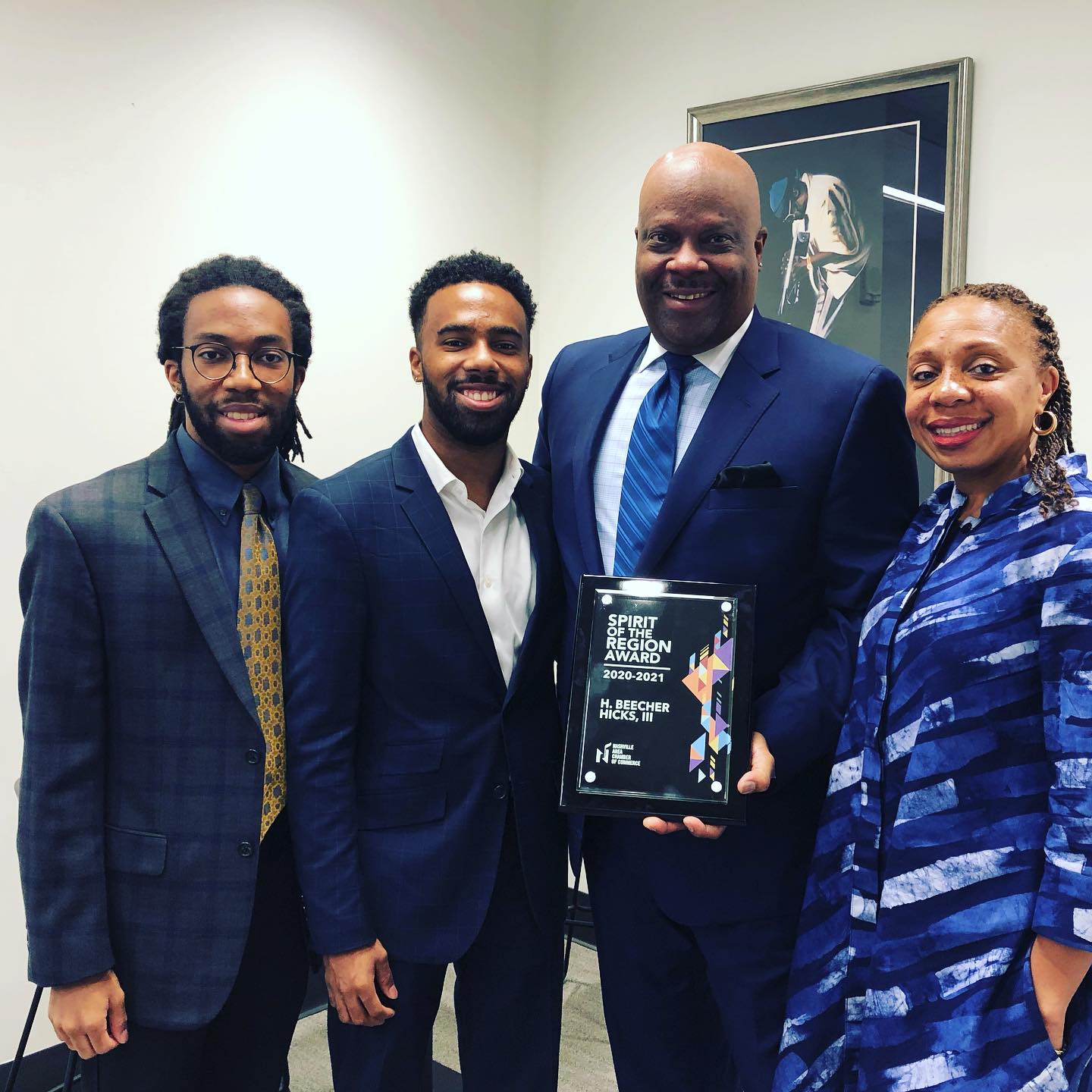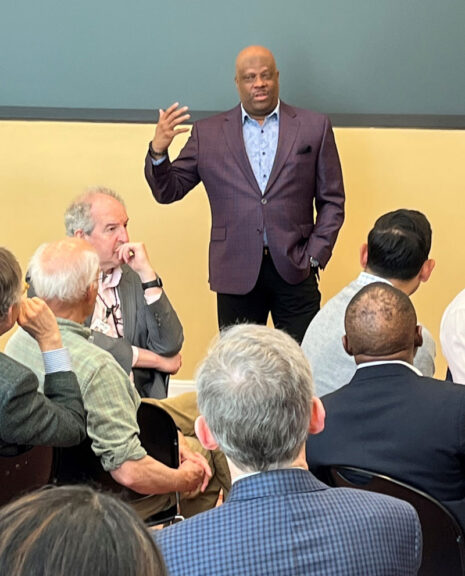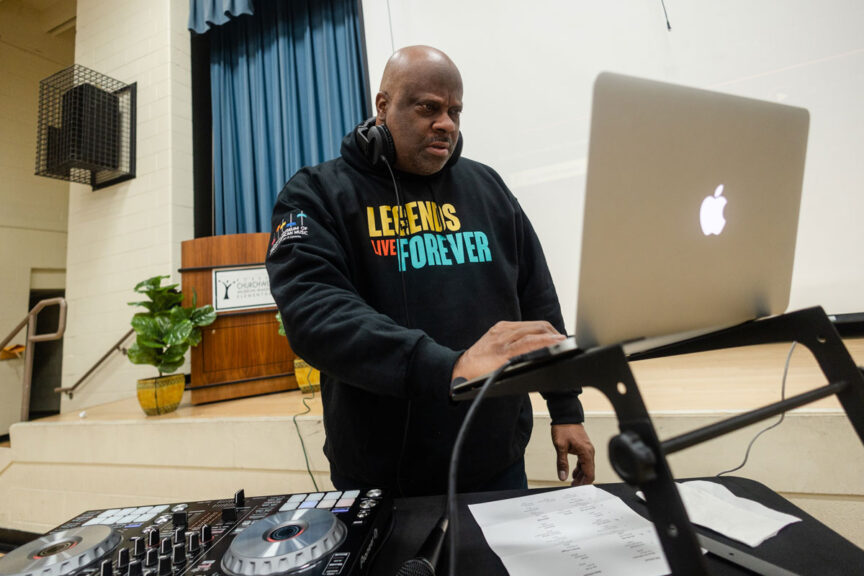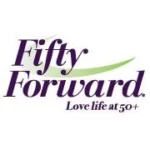Henry Beecher Hicks has been an investment banker, a private equity investor, worked in the executive branch of government, and is an entrepreneur, public speaker, and writer. He facilitated the design and construction of the National Museum of African American Music (NMAAM) and recently became President & CEO of the National Black MBA Association. In this podcast, learn why he’s intent on leaving a legacy in everything he does.
What do you consider your most impactful business accomplishment?
I think it has got to be creating the National Museum of African American Music. Not only was it a lot of fun, I was able to feed my family as a result of it. I guess that’s why we have careers. The impact that it [NMAAM) had on so many other people — people who were passionate about making sure it happened, and people who were really invested in making Nashville a better city as a result of having something like this in place…
He speaks eloquently about life, decisions we make and “what we should do that is beyond ourselves.” In our conversation, he elaborates on early discussions about NMAAM — its name, location — in the heart of downtown Nashville, and Nashville Black History.

On a personal level, what’s one of your proudest accomplishments?
Oh my gosh — well, I’ve got two sons. They are 22 and 24. Henry IV is 24 and he lives in Washington. He works for an organization called PEN America where he is fighting for First Amendment rights … people to be able to write and speak, what they’d like to be able to do. And then Harrison is a graduate of The New School in New York and he’s still living there where he’s doing public relations for classical musicians and he’s also continuing to compose classical and experimental music. Those two guys really have grown to be fabulous young men who I like to say really represent the best of us. And so, I’m really very, very proud of them and proud to have been a part in their growing up.
In the podcast, Hicks recalls his formative years as he speaks about his roots and the role his father (a preacher) and his mother (an elementary school teacher and community volunteer) played in his life. He expands on his education, being a White House Fellow, and his early business career in consulting, banking and private equity, which led him to Nashville.

Tell us about becoming a White House Fellow.
That was a phenomenal experience for me, and it was mostly an experience in humility, really. At the time, I was working at Bank of America doing investment banking work … and on the one hand, I had kind of bought into this idea that investment bankers were among the smartest and most accomplished people in the world. I was having the opportunity to be one of them. But on the other hand, I was stressed out, beyond belief… I competed twice before I was able to win a White House Fellowship and had the opportunity to go work for the Corporation for National Service and led the launching of an AmeriCorps program called the AmeriCorps Promise Fellows Program.
What sort of innovations do you see facing leaders today?
I think we’re all really trying to figure out how to manage in an environment where individuality maybe is more celebrated than it was generations ago. Where everyone’s unique perspective, unique experiences, unique skill can be deployed. I think we’re all trying to figure those kinds of things out. How can we make the most of the team that we have while also being more respectful of boundaries that people have or need to have … to put breaks in between what is the work life and what is the family life?
In the quest for work/life balance, Hicks shares a moving story about his young sons that helped him shape healthier practices for living in the present and valuing the gifts of each day.

How did COVID-19 affect your life and leadership role at the National Museum of African American Music?
We built and opened the museum during the pandemic. And, you know, one of the first things that I learned in that process is that my coworkers need each other… So, we spent time as a team, not just talking about the work that we had to do, but we spent time talking about the personal challenges that we were having and the way that we could support one another. That was something I really was so impressed by … the way that our team wanted to be there to support one another in ways outside of just getting the work done.
The workarounds and realizations Hicks had while building the National Museum of African American Music – from contractors and supply chain to the unique management system a filmmaker used to safely secure interviews during the pandemic – serve as high points in his desire to leave a legacy in everything he does. Listen in to learn about some of the musical icons he’s had the pleasure of meeting while overseeing the NMAAM effort.
There is so much to learn from Henry Beecher Hicks III. His entrepreneurial efforts took root while in college (late 1980s) when he worked to expand Freaknik, an Atlanta-based music event, “from a couple hundred people to approximately 10,000 people” by bringing in a deejay, live music and sponsors.
In this Squeeze the Day podcast, we were thrilled to learn about his continued advocacy for others in his current position as President & CEO of the National Black MBA Association as well as a passion project that will surely shape the next chapter of his life. Hick’s soon-to-be-released book “Generation IV” features interviews with 15-20 prominent Americans and delves into the legacy and rich history of their family names. The realization of his own name is poignant as he touches on the trajectory of his family roots from plantation life and the emancipation of his ancestors to the addition of his son, Henry Beecher Hicks IV. This is a powerful story you don’t want to miss.



